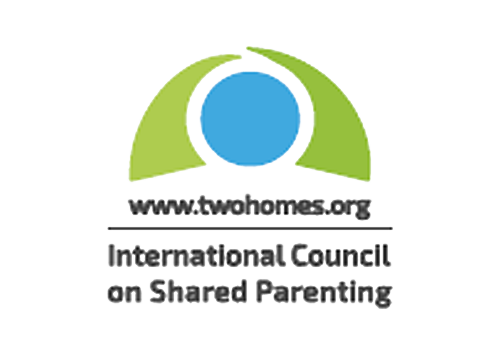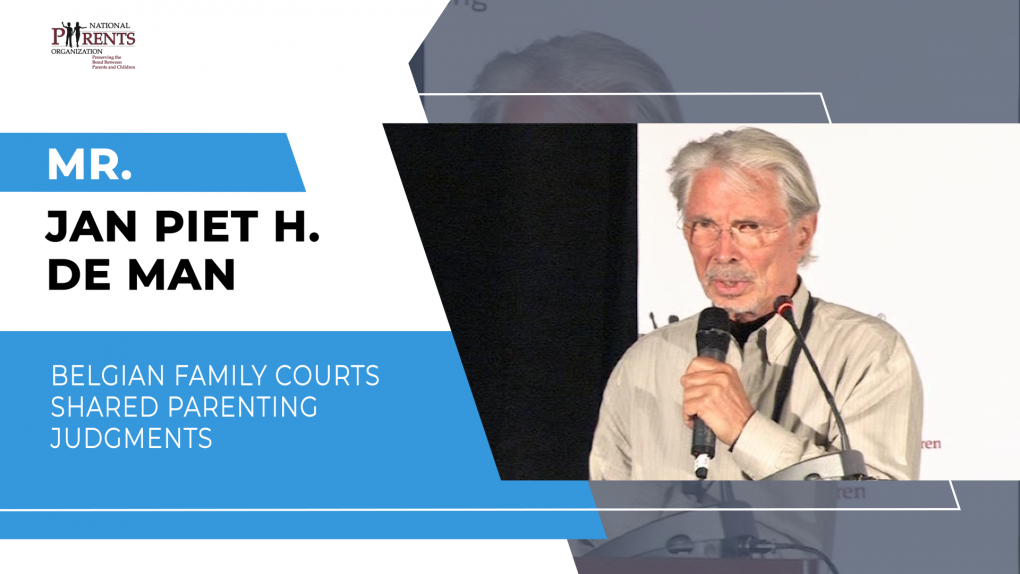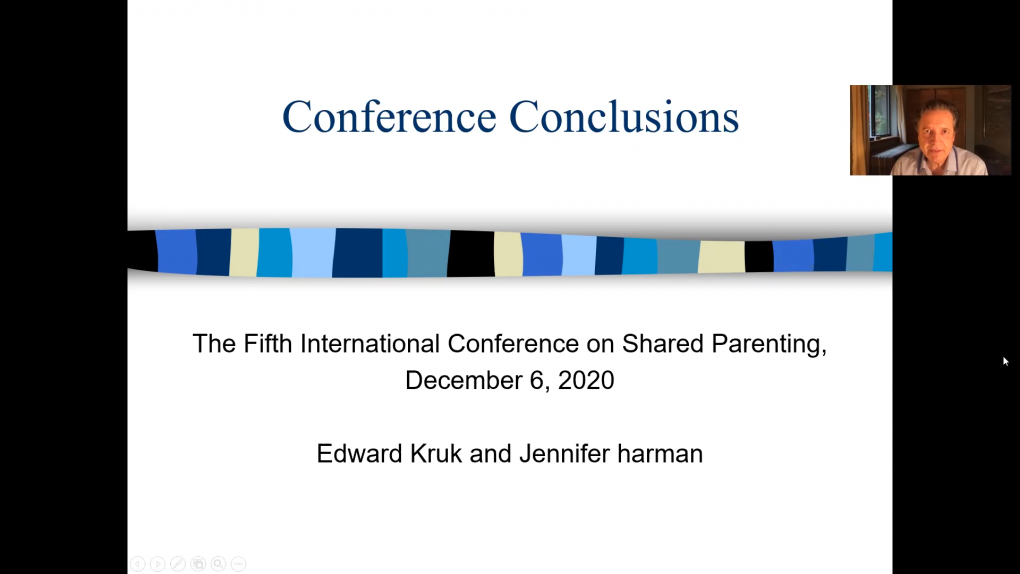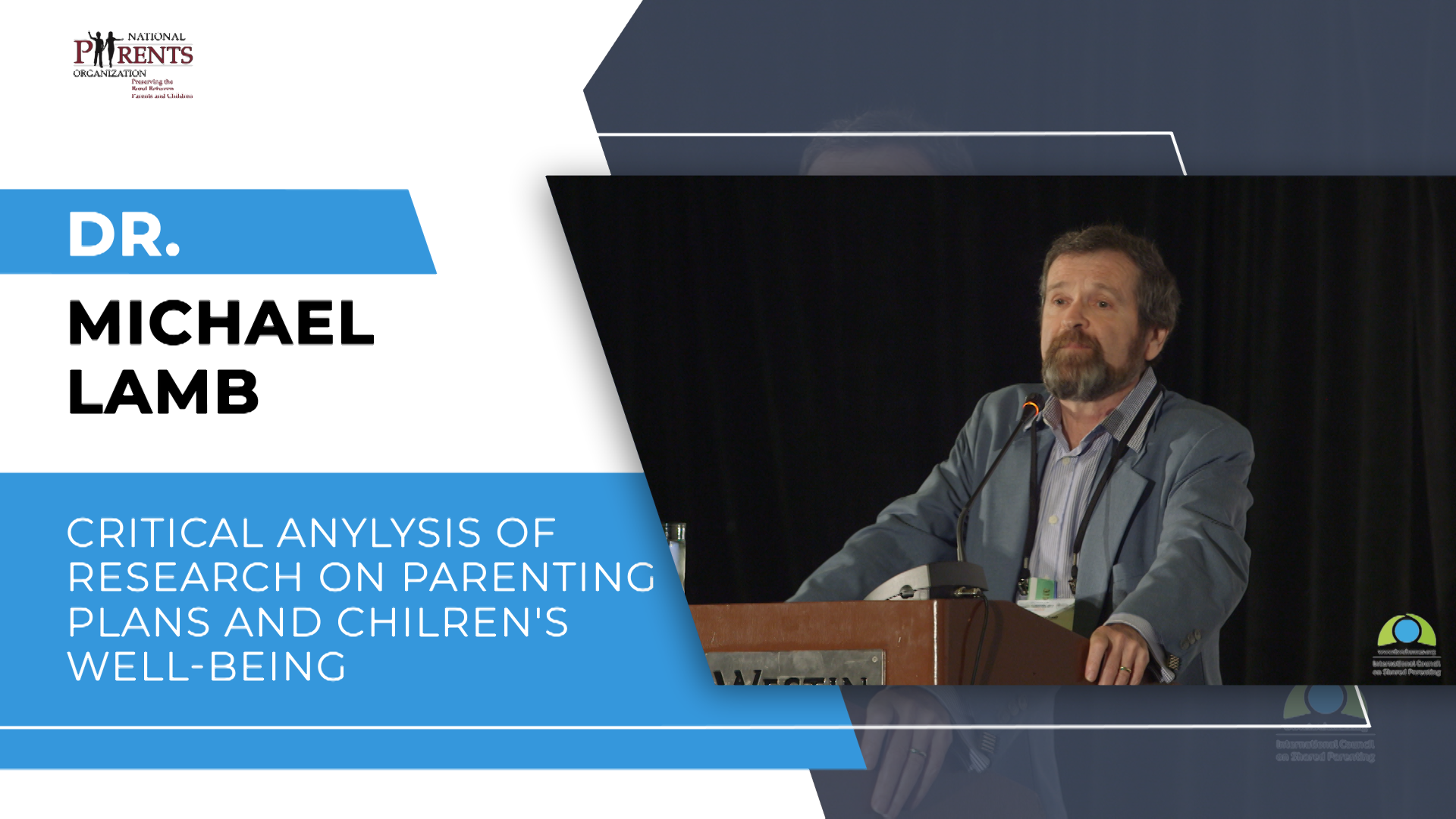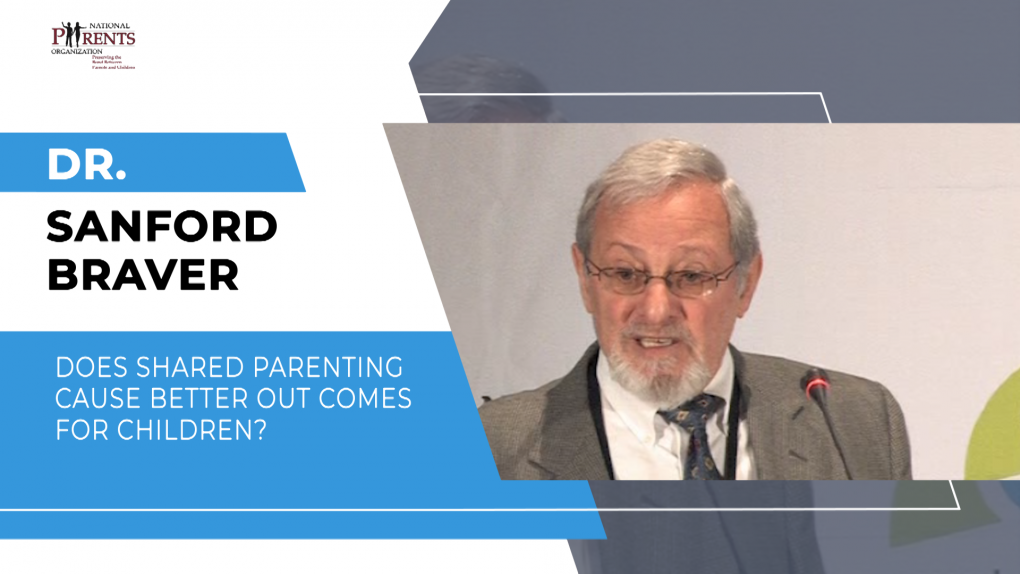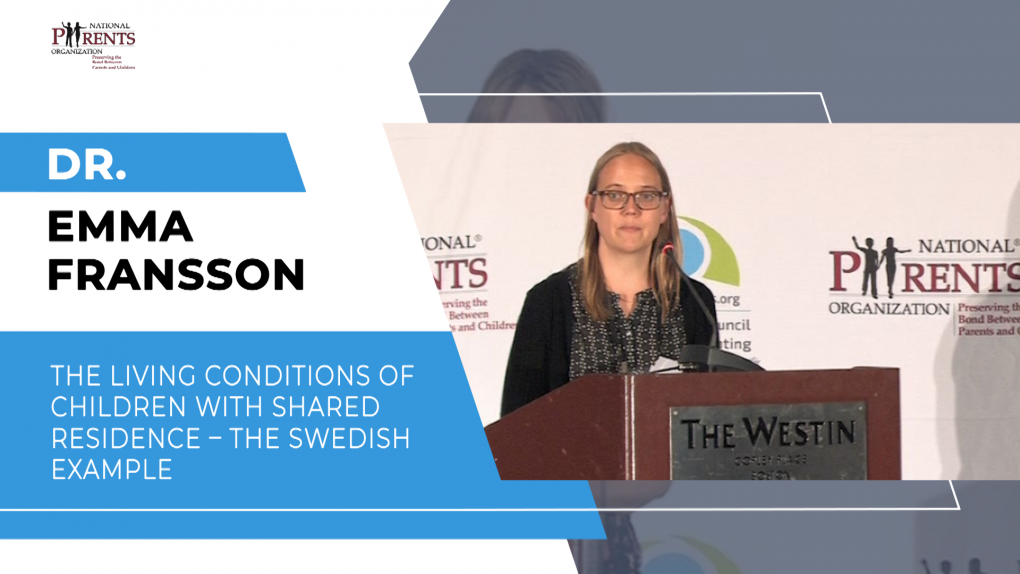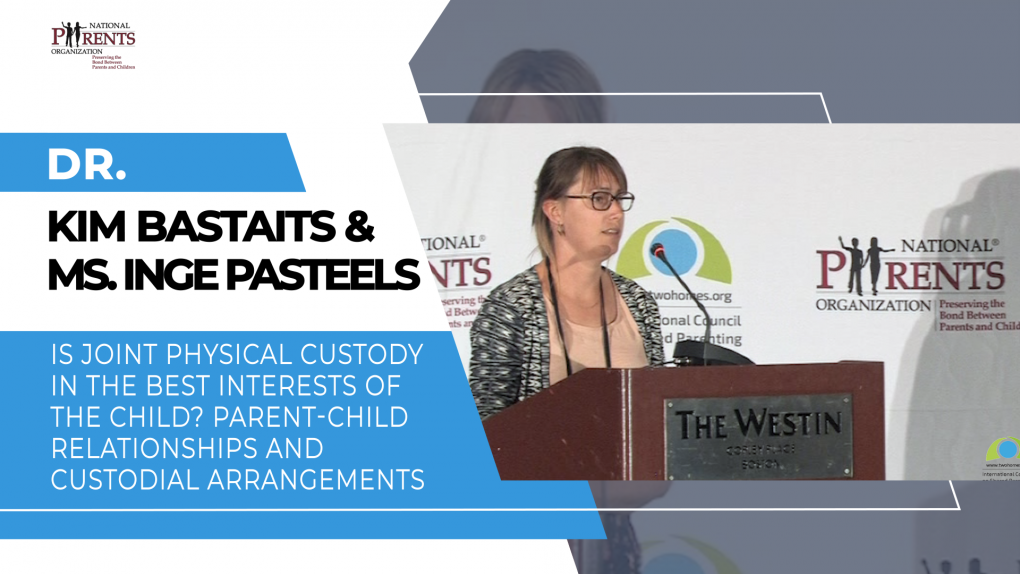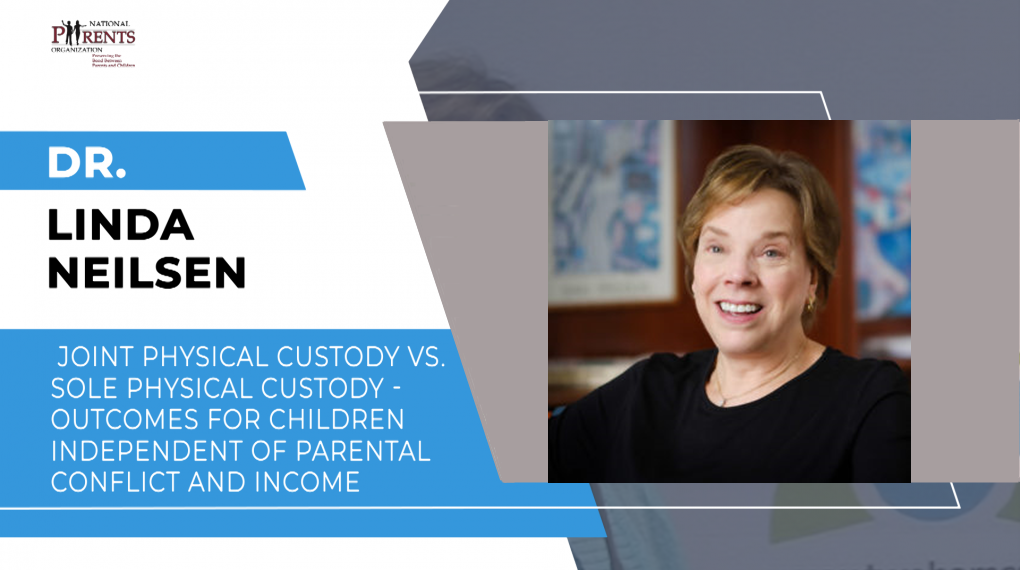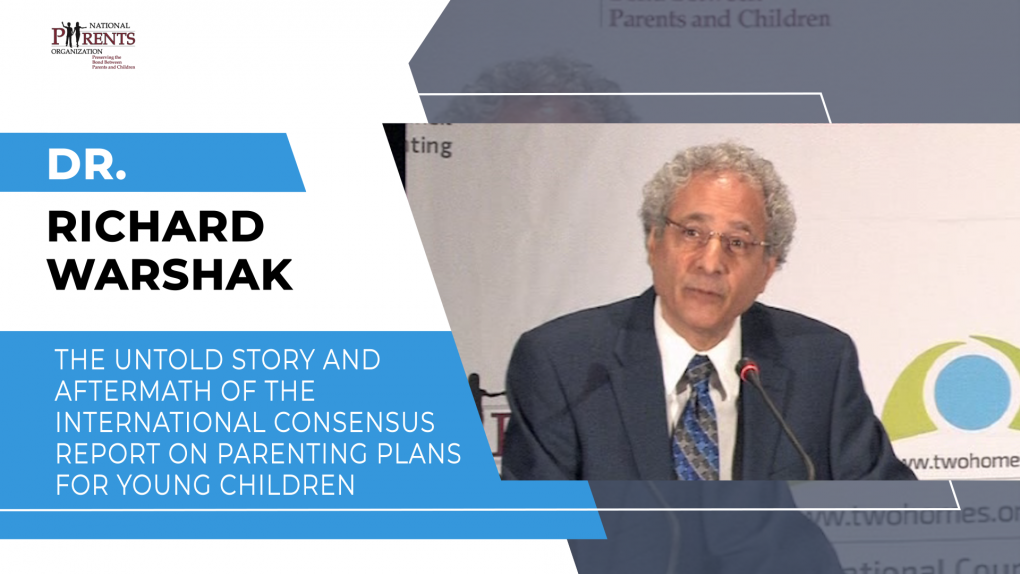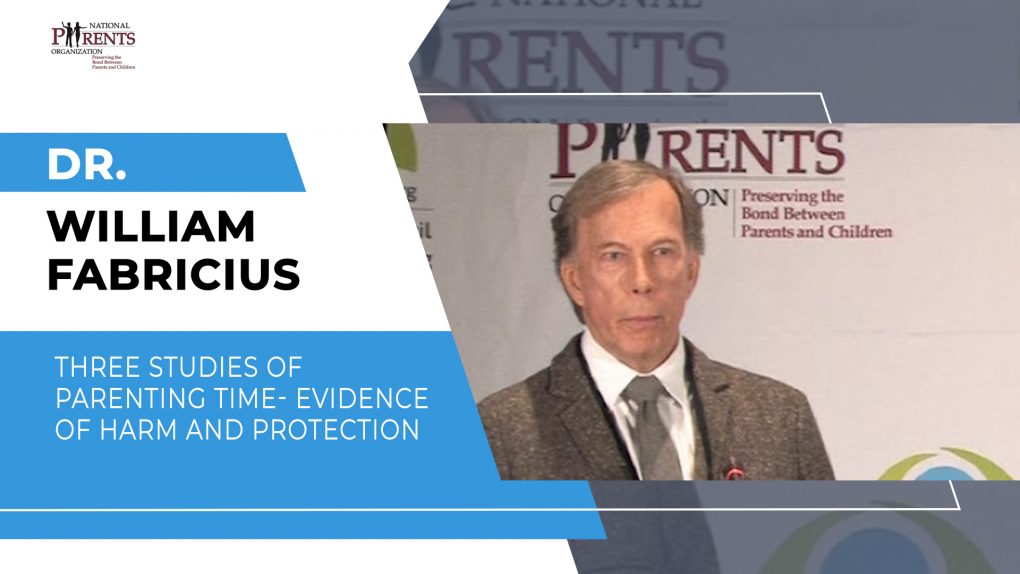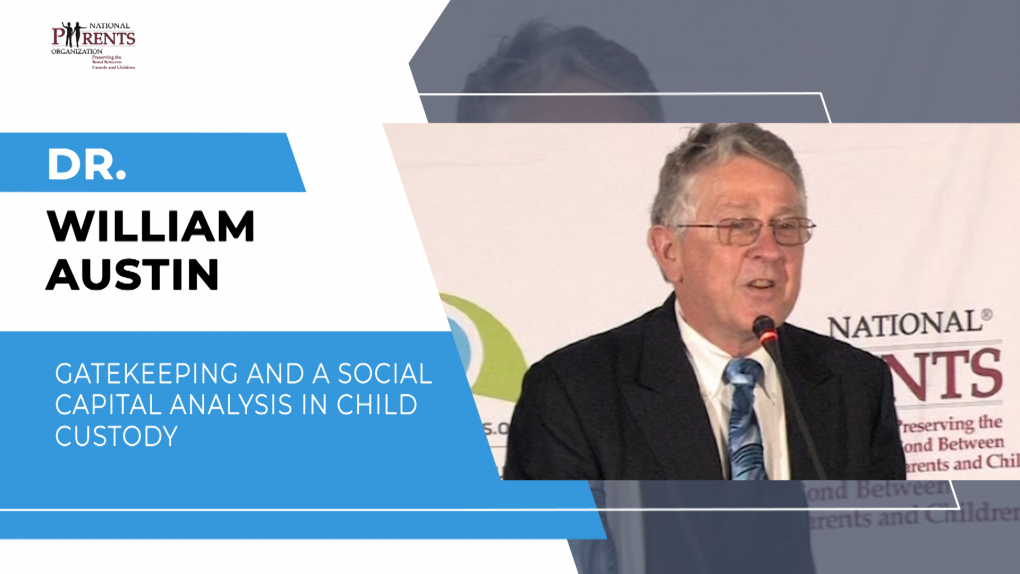Mr. Jan Piet H. de Man
European Institute for the Best Interests of the
Child, Belgium
Abstract: Belgian Family Courts Shared
Parenting Judgments
Conference Conclusions ICSP 2020
Edward Kruk, PhD Dr. Edward Kruk is Associate Professor in the School of Social Work at the University of British Columbia, President of the International Council on Shared Parenting, and Co-chair of the Scientific Committee of the Fifth International Conference on Shared Parenting. His research and teaching are focused on child and family policy and practice, and he has published …
Critical analysis of research on parenting plans and children’s well-being
In order to understand children’s responses to the divorce or separation of their parents, it is important to understand normative processes of development, including the development of child-parent relationships, stress reactivity, vulnerability and resilience, as well as individual differences in these domains. In that context, it is easier to conceptualize the diverse ways in which children with different backgrounds might be affected by their parents’ separation. My presentation will review published research from this perspective.
Does shared parenting CAUSE better outcomes for children?
Does shared parenting Cause Better Out Comes For Children?
Sanford Braver – USA. Sanford Braver is Professor Emeritus at Arizona State University, where he served in the Psychology Department for 41 years. He was the recipient of 18 competitively reviewed, primarily federal, research grants, totaling over $28 million. His work has been published in nearly 130 peer-reviewed professional articles and chapters, and he is author of 3 books including Divorced Dads: Shattering the Myths.
The living conditions of children with shared residence – the Swedish example
Among children with separated parents, shared residence – i.e., joint physical custody where the child is sharing his or her time equally between two custodial parents’ homes – is increasing in many Western countries and is particularly common in Sweden.
Is joint physical custody in the best interest of the child? Parent-child relationships and custodial arrangements.
In legislation, there has been a shift from sole custody, mainly for mothers, to joint physical custody. This is believed to be in the best interest of the child, as children can maintain a good relationship with both their mother and their father after a parental divorce.
Joint physical custody vs. sole physical custody: Outcomes for children independent of parental conflict and income
Is joint physical custody (JPC) where children live with each parent at least 35% of the time linked to any better or worse outcomes for children than sole physical custody (SPC)? In what situations is JPC linked to worse outcomes? To what extent are children’s outcomes linked to their parents’ incomes and levels of conflict? When parents do not have low conflict, collaborative co-parenting relationships, are children better off if one parent has sole physical custody or if parents have shared physical custody? In 40 of 50 studies JPC children had better outcomes on measures of behavioral, emotional, and physical well-being and better relationships with parents and grandparents. In 4 studies the outcomes were equal. In 6 studies on some measures certain groups of children had worse outcomes. In all 35 studies that controlled for family income or parental conflict, JPC was linked to better outcomes. In the 20 studies that compared JPC and SPC parents’ levels of conflict at the time of separation or in subsequent years, JPC parents did not have significantly more cooperative or lower conflict relationships. Higher conflict and poorer co-parenting were not linked to worse outcomes for children in JPC than in SPC families. JPC was linked to worse outcomes when children had poor relationships with their fathers or had poor relationships with both parents while simultaneously being caught in the middle of high conflict.
Complicated delivery: The untold story of the international consensus report
The untold story and aftermath of international consensus report on parenting plans for young children
Three studies of parenting time: evidence of harm and protection
Dr. William Fabricius Arizona State University, USA I will present findings from three new studies of parenting time. 1. Infant Overnights:: When children were under 1 year of age, as well as when they were 2, more overnights with fathers up to and including 50% of overnights at both parents’ homes were associated with better long-term mother-child and father-child relationships …
Gate-keeping and a social capital analysis in child custody
Dr. William Austin – Gatekeeping and a social capital analysis in child custody

